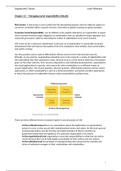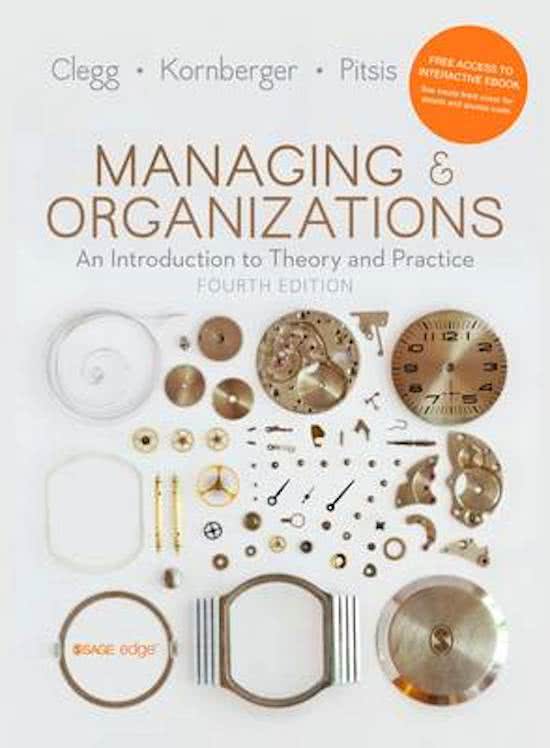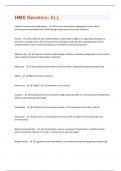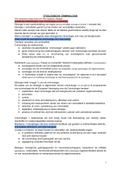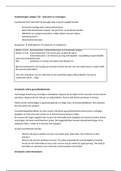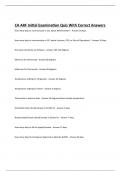Samenvatting
VU IBA - Summary Organization Theory 2019 Version!
- Instelling
- Vrije Universiteit Amsterdam (VU)
Summary for Organization Theory for bachelor International Business Administration at Vrije Universiteit Amsterdam. Version: 2019 Reference: Clegg et al. DISCLAIMER: This summary was intended for the 2019 course OT, it has not been updated ever since.
[Meer zien]
